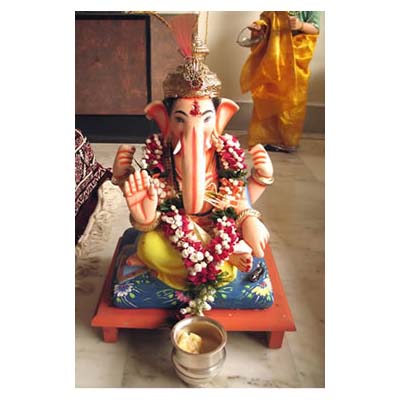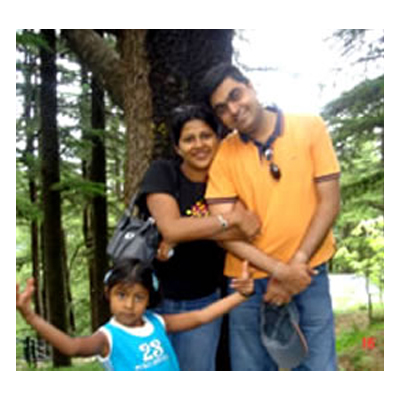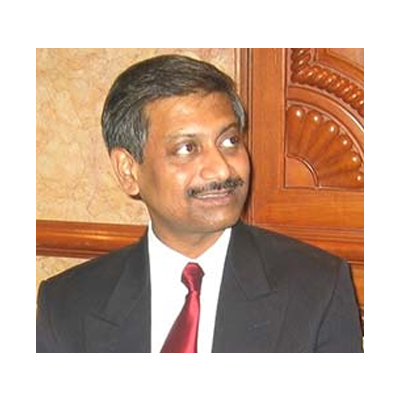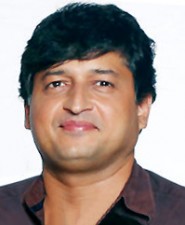Silvery Lining - Munjal Shroff
Director and COO of Graphiti Multimedia, Munjal Shroff tells Nidhi Jain, how a person grows with changing times without changing the basic nature incorporated in the beginning.
By Birth
My belief in GOD has not really changed much, though I have been through tough circumstances, desperate situations. I knew that it was part of learning personally and professionally and knew things would work out.
Values & Belief
I have been fortunate to be born in a family which is culturally very strong. Our family tradition is 120 years old. The customs, traditions I grew up enjoying was a great way of bonding. Belief is a personal choice, though I don't personally don't exercise it and some make it a big issue, values shouldn't change. To a large extent, mine have remained the same. I guess it has a lot to do with upbringing, though there are values which change with personal experiences. Extreme conditions do question our values. I don't have any regrets on the decisions I have made.
Rituals
I believe in Lord Ganesha. Trained by my grandfather, Navin Shroff, I know my customs/rituals better than my father and my father acknowledges that. Our rituals give us identity. We have antique toys, chariots, which I want to and pass on to my kids and I want this tradition to continue forever.
Divine visit
I go to Mahalaxmi temple in Mumbai. My main deity is in a temple in Udaipur.
 Spiritual guidance
Spiritual guidance
My grandfather, to an extent, who was always detached from worries, and took life in his stride and is a very calm, composed, spiritual person.
Positive thinking
I believe in light at the end of the tunnel as things have a mysterious ways of coming back to us.
Relaxing spiritually
With wife and kids and also the latter are a huge source of entertainment.
Are you Destiny's child?
It wasn't a smooth ride after having close calls but I know deep down that things will work out.





 I like watching movies in multiplexes as well as at home. Watching a movie in multiplexes is a family experience. I make it a point to watch movies with the family at least once or twice in two weeks.
I like watching movies in multiplexes as well as at home. Watching a movie in multiplexes is a family experience. I make it a point to watch movies with the family at least once or twice in two weeks. s is the one which has everything in one and suits my profession. I have a blackberry installed so I get mail alerts on it when I am not carrying my laptop. Communicator is a holistic device in its own right. But I do keep a track of every new mobile in the market.
s is the one which has everything in one and suits my profession. I have a blackberry installed so I get mail alerts on it when I am not carrying my laptop. Communicator is a holistic device in its own right. But I do keep a track of every new mobile in the market.








